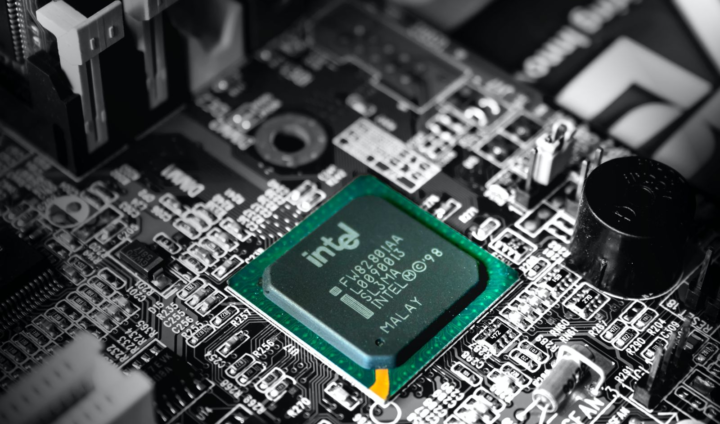Israel’s government has approved a $3.2 billion grant for Intel Corporation to facilitate the construction of a new $25 billion chip plant in southern Israel, a joint announcement by both parties revealed. This development coincides with Israel’s ongoing war on Gaza Strip, drawing increased international attention and calls for boycotts against Israel and affiliated companies. The substantial financial support is seen as a demonstration of generous show towards major U.S. corporations during a period when Washington, Israel’s primary supporter, is urging Tel Aviv to take measures to reduce civilian casualties in Gaza.
In addition to the sizeable grant, equivalent to 12.8 percent of the total investment, Intel has committed to purchasing $16.6 billion worth of goods and services from Israeli suppliers over the next decade. The new chip facility is anticipated to generate several thousand jobs. Israeli Prime Minister Benjamin Netanyahu had previously announced the deal in June, emphasising its unprecedented nature as the largest investment ever made in the State of Israel. The chipmaker, which already operates four sites in Israel, including a manufacturing plant in Kiryat Gat, sees this expansion as integral to fortifying its global supply chain resilience, aligning with ongoing investments in Europe and the United States.
Intel’s investment in Israel, particularly in the competitive field of chip manufacturing, is viewed by Israel’s finance and economy ministries as a significant vote of confidence in the country’s economy. Despite the geopolitical challenges and global competition for chip-related investments, the ministries assert that the direct fiscal benefits for Israel will surpass the state’s grant. Finance Minister Bezalel Smotrich characterises the investment as an affirmation of righteous values amid the ongoing war on Gaza, positioning it as a catalyst for progress in humanity.
Intel, established in Israel in 1974, is among the numerous multinational corporations operating in the country. With exports accounting for 5.5 percent of total high-tech exports, Intel’s strategic move aligns with its CEO Pat Gelsinger’s broader plan to invest billions in building factories globally, aiming to regain dominance in chipmaking and compete effectively with industry rivals. The newly announced Fab 38 plant in Israel, scheduled to open in 2028 and operate until 2035, marks the latest installment in Intel’s recent string of investments.







